I don’t know about you, but certainly in my experience of running Covid vaccination sites we have seen many anxious patients coming in for their vaccine. How have you found handling them and helping them to feel more reassured? I hope these simple steps may help:
1> Recognise when someone is anxious
Anxiety can present in different ways, it could show in anger, withdrawal and outwardly in tears, to name a few. I always look for non-verbal signals whilst patients are waiting in the queue for their turn.
2> Where possible offer to take them to a quiet space to talk
Some people may feel embarrassed about how they are feeling, others may be feeling more anxious by waiting and queuing. In our clinics we have created a quiet space (with the treatment couch and screens) where we can take patients to talk to them.
3> Give them time & listen.
Talk to them, find out what they are feeling anxious about. Listen to what they say. Answer any questions you can. It’s important not to make them feel rushed and to enable them to give informed consent. Some people I have spoken to are worried about the Covid specific vaccine, you need to be fully informed about it so you can answer their questions. Others are generally scared of needles, some have been worried about their underlying conditions. This is where having healthcare professionals to deal with anxious patients is so important. One gentleman came in physically shaking, once we had chance to talk to him we realised he had just started his detox from alcohol 2 days earlier. It’s amazing what information you gain from talking to patients this way. As the clinician you need to be happy the vaccine is appropriate for your patient, as well as your patient needs to be able to give fully informed consent and feel comfortable to have the vaccine.
4> Be empathetic.
Empathising with a patient’s fear and normalising the experience cam help make them feel calmer. Even if you have dealt with this often, it may be new and scary for your patient.
5> Lighten the mood.
It is important that you stay calm, are approachable and if appropriate you can use humour to help lighten the mood. ‘Small talk’ like asking them about their family or pets can often help relax them more too.
6> Adapt your process if needed.
Once they are more relaxed and happier to consent to having the vaccine, consider whether you need to adapt your approach. We have often vaccinated people on the treatment couch behind the screen for added privacy and time. I have even vaccinated a couple of people in their cars who were too scared to come into the building.
Good luck and remember to keep a personalised approach to the care you give to your patients. Carry on with the great work!!!
Written by Jane Lambert ( ECG CEO), Tuesday 6th April 2021













